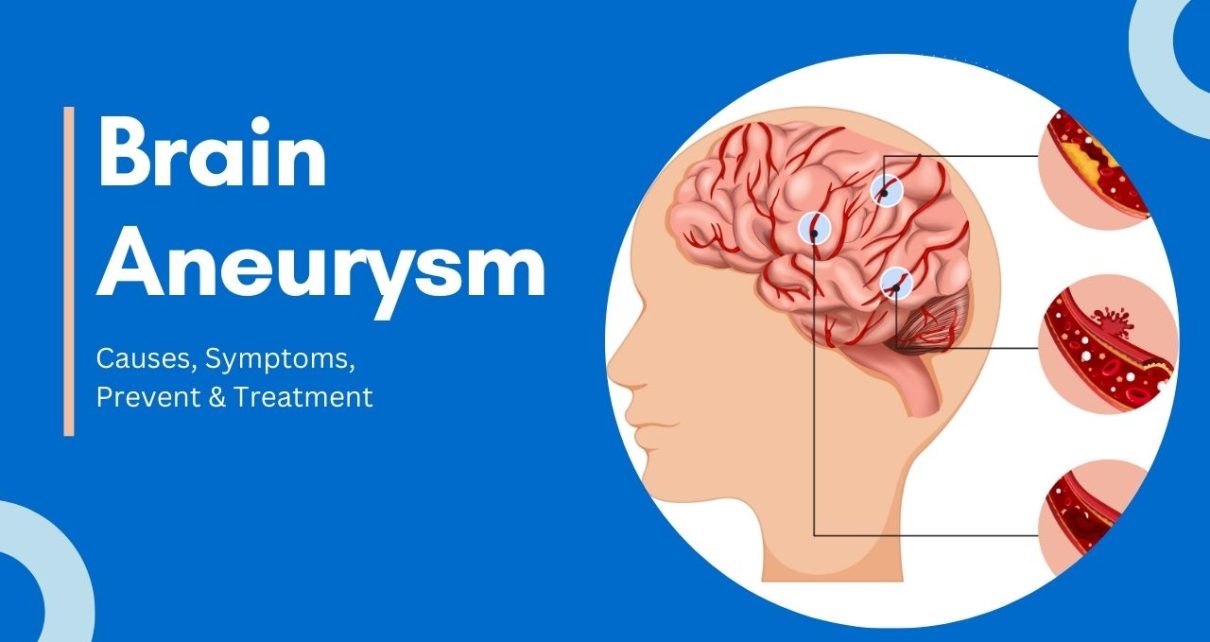Hand cramps, while often harmless and temporary, can occasionally raise concerns, especially when they become recurrent or severe. While most cramps are benign and related to overuse or dehydration, they can also be indicative of underlying medical conditions. This article explores the various factors that can lead to hand cramps, and can hand cramps be a sign of something serious, and the importance of seeking medical attention for proper evaluation and treatment.
Table of Contents
Unravelling the Causes of Hand Cramps
Dehydration and Electrolyte Imbalance
- Dehydration Impact:
Lack of adequate hydration can disrupt the balance of electrolytes in the body, leading to muscle cramps, including those in the hands.
- Electrolyte Disruption:
Low levels of essential electrolytes like potassium, magnesium, and sodium can trigger muscle spasms and cramping.
Overuse and Strain
- Repetitive Activities:
Engaging in repetitive motions, such as typing or playing musical instruments, can strain hand muscles, causing cramps.
- Grip Intensity:
Holding objects tightly or for extended periods can lead to muscle fatigue and cramping.
Nerve Compression and Conditions
- Carpal Tunnel Syndrome:
Nerve compression, as seen in carpal tunnel syndrome, can cause hand cramps, along with numbness and tingling.
- Other Nerve Disorders:
Certain neurological conditions, like peripheral neuropathy, can result in abnormal nerve signals and muscle cramps.
When Hand Cramps Signal Something Serious
Vascular Issues
- Blood Flow Restriction:
Vascular conditions that restrict blood flow to the hands, such as Raynaud’s disease or peripheral artery disease, can lead to cramps.
- Blood Clots:
In rare cases, blood clots or vascular blockages can cause severe cramping in the hands, necessitating immediate medical attention.
Underlying Medical Conditions
- Metabolic Disorders:
Conditions like hypothyroidism or diabetes can cause imbalances in electrolytes and nerve function, leading to cramping.
- Neurological Disorders:
Certain neurological disorders, including multiple sclerosis or ALS, can manifest with muscle spasms and cramps.
Medication Side Effects
- Diuretics and Medications:
Certain medications, like diuretics, can lead to electrolyte imbalances, increasing the likelihood of muscle cramps.
- Interaction Effects:
Interactions between multiple medications can sometimes trigger muscle cramps as a side effect.
Seeking Medical Evaluation and Treatment
When to Consult a Healthcare Professional
- Recurrent and Severe Cramps:
Frequent and intense hand cramps warrant medical attention, especially if they disrupt daily activities.
- Accompanying Symptoms:
Cramps accompanied by symptoms like numbness, tingling, weakness, or changes in skin color require prompt evaluation.
Medical Assessment and Diagnosis
- Medical History and Examination:
A healthcare provider will review your medical history, perform a physical examination, and inquire about your symptoms.
- Diagnostic Tests:
Based on the assessment, diagnostic tests like blood work, nerve conduction studies, or imaging may be recommended to identify underlying causes.
Treatment Approaches
- Addressing Underlying Conditions:
Treating underlying medical conditions, such as thyroid disorders or diabetes, can alleviate cramps.
- Lifestyle Modifications:
Adjusting hydration habits, managing stress, and avoiding overuse can help prevent hand cramps.
- Medication Management:
In certain cases, medications might be prescribed to manage cramps related to nerve or muscle dysfunction.
Conclusion
While many hand cramps are benign and can be managed with self-care measures, it’s essential to recognize when they might indicate a more serious underlying issue. Regular hydration, maintaining healthy habits, and promptly seeking medical attention for recurring or severe cramps can help ensure the overall well-being of your hands and prevent potential complications.

